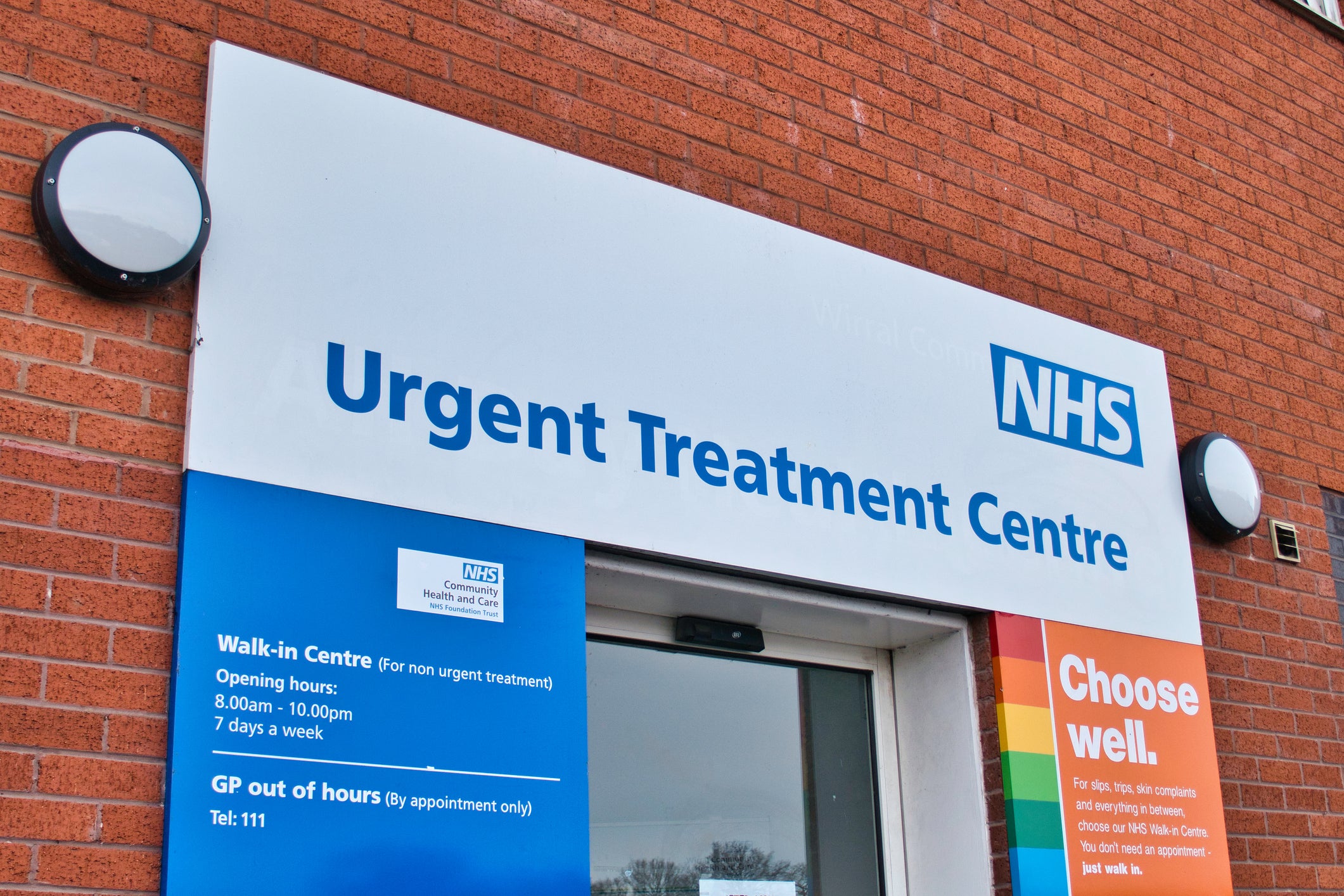‘Innovative’ ultrasound system saves time in diagnosing coronavirus patients
The new model of care will be expanded into different areas of treatment

A team of NHS professionals has pioneered the use of a handheld and smartphone-connected ultrasound in the fight against Covid-19, as part of an innovative patient triage system.
At the peak of the pandemic Dr Andrew Walden, Consultant in Acute Medicine and Intensive Care Medicine and Dr Joseph Nunan, Ultrasound Fellow from the Royal Berkshire Hospital devised a new triage system to give critical care for patients who needed it most, ease demand on clinicians and reduce the burden on the hospital.
The team embraced point-of-care ultrasound (Pocus) technology and used the Butterfly iQ, an innovative handheld ultrasound device that uses a single probe to scan the whole body and show images in real-time when connected to a smartphone.
Pocus helps healthcare professionals save time in diagnosing patients, making a difference to patient outcomes.
The triage system (TICC-19) was inspired by a similar system used in Brescia, Italy, one of the worst affected areas in Europe at the time.
Patients with suspected Covid-19 were triaged remotely using oximeters and called into hospital if their condition changed.
Using the Butterfly iQ, rapid lung scans could be carried out on patients in the emergency department to quickly identify those who needed urgent treatment, without the need for chest X-rays.
This led to a faster turnaround of patients, helping to prioritise which patients to treat and who to send home and ensure beds were reserved for those who needed it.
Dr Walden and Dr Nunan also trained local GPs to perform and read lung scans using the Butterfly iQ in specially created primary care respiratory clinics in Reading.
This helped to diagnose Covid-19 cases in the community and ease pressure on hospital teams and secondary care.
Dr Andrew Walden said: “The Covid-19 triage system we implemented at Royal Berkshire Hospital is a prime example of how collaboration and innovation was able to support patients and the NHS at a critical moment.
"By including Pocus in our system, we were able to ensure the correct care was provided to those who needed it most in partnership with our primary care colleagues.”
In the first seven weeks the primary care team saw 960 patients, of which 36 per cent of all cases were suspected Covid-19.
Only 46 were admitted to hospital – 13.2 per cent of suspected cases.
Using Butterfly iQ’s secure cloud storage system, GPs could quickly send the hospital team images of scans they were concerned about or raise queries.
Dr Shwan Maroof, GP Lead, Virgin Care & Reading Primary Care Response Hub said: “Using acute diagnostics in this way is new in primary care, and meant, where clinically safe to do so, a number of these patients could be treated at home.
"In particular, learning to read lung ultrasounds and perform scans was vital to our work”.
The innovative point of care ultrasound device was key to establishing a unique collaboration between the Royal Berkshire Hospital and a local primary care hub to better diagnose patients with Covid-19.
A Royal Berkshire Hospital spokesperson said: “The trust is extremely proud of the innovative interventions that the team introduced during the height of the pandemic.
"Working in partnership with our colleagues in primary care to provide high quality effective care to patients has demonstrated that we can do things differently and still achieve the best outcomes.”
Royal Berkshire Hospital will continue the model in response to Covid-19 and in conjunction with primary care.
With the arrival this week of the next generation of Butterfly iQ+, hospitals in the UK will now be able to explore the role of Pocus with other specialists such as cardiovascular care and nursing.
SWNS
Join our commenting forum
Join thought-provoking conversations, follow other Independent readers and see their replies
Comments





Bookmark popover
Removed from bookmarks